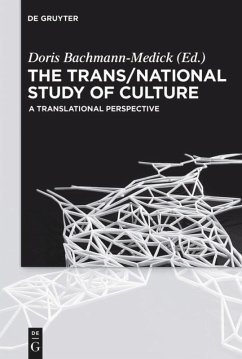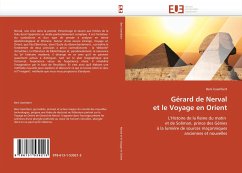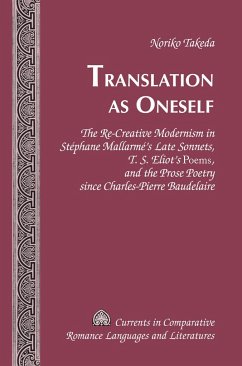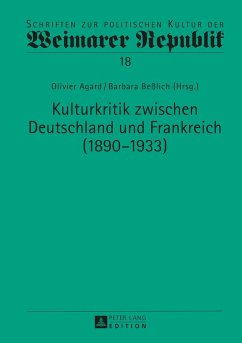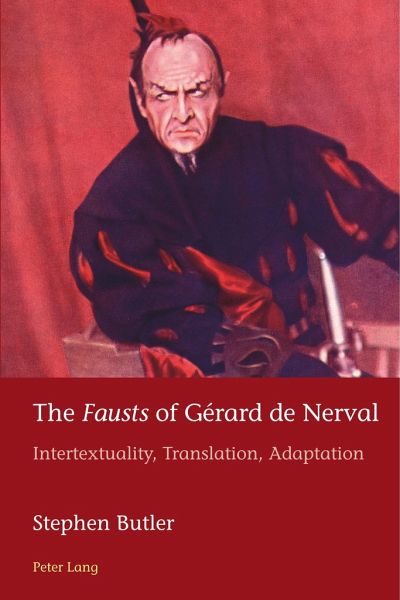
The 'Fausts' of Gérard de Nerval
Intertextuality, Translation, Adaptation
Versandkostenfrei!
Versandfertig in 6-10 Tagen
75,60 €
inkl. MwSt.

PAYBACK Punkte
0 °P sammeln!
Gérard de Nerval's French translations of Goethe's Faust are key works in Franco-German cultural relations, but they have often been mythologized. This book presents a nuanced view of works that continue to be the principal conveyors in France of arguably the foremost work of German literature. Less well known than his translations, Nerval's own Faustian dramas - the Faust fragment (c. 1827), Nicolas Flamel (1831), and L'Imagier de Harlem (1851) - have received little scholarly attention and yet reveal much about his, and indeed other, French interpretations of Faust. The author examines Nerv...
Gérard de Nerval's French translations of Goethe's Faust are key works in Franco-German cultural relations, but they have often been mythologized. This book presents a nuanced view of works that continue to be the principal conveyors in France of arguably the foremost work of German literature. Less well known than his translations, Nerval's own Faustian dramas - the Faust fragment (c. 1827), Nicolas Flamel (1831), and L'Imagier de Harlem (1851) - have received little scholarly attention and yet reveal much about his, and indeed other, French interpretations of Faust. The author examines Nerval's convergences with and divergences from Goethe diachronically in order to identify and compare what may be termed Goethean and Nervalian Faustian paradigms, thereby unravelling hitherto unknown facets of Nervalian aesthetics. Alongside Goethe and Nerval, the book investigates intercultural relations that have a bearing on Nerval's Faustian writing in France during this dynamic period.It opens up new avenues for thinking about intertextuality, literary translation and adaptation through two major figures of European writing.





